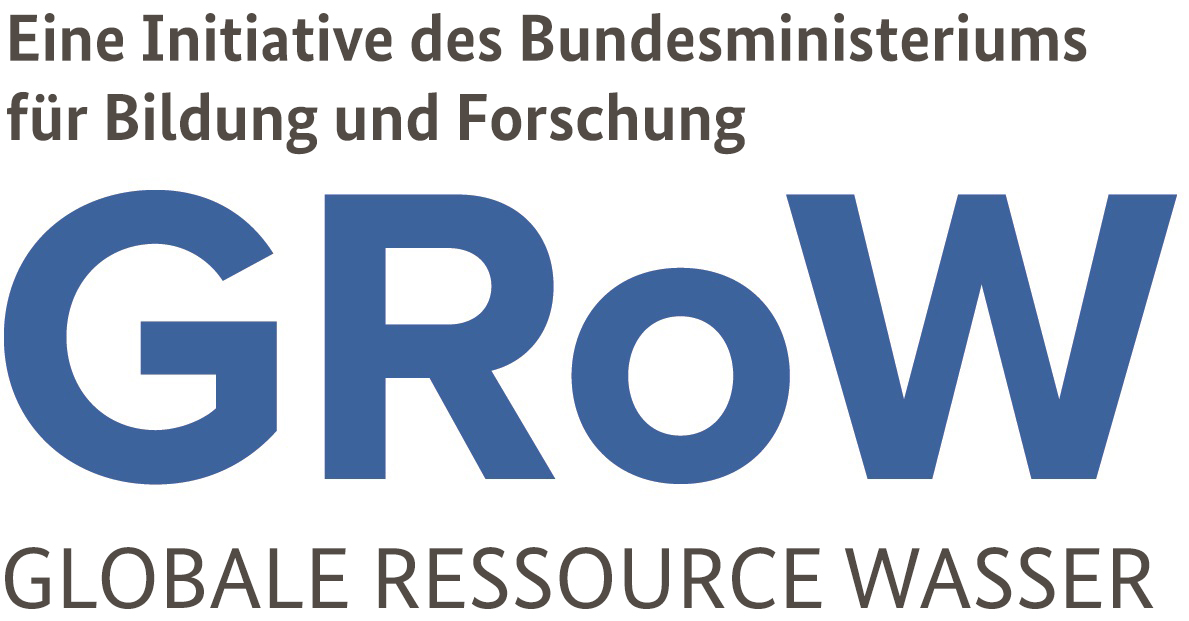SaWaM welcomes Sudanese state minister to workshop
| Date |
Date
|
Estimating the past, present and future availability of freshwater resources is essential to human life – especially in dry regions. However, the parameters are often prone to high levels of uncertainty due to factors such as insufficient local observations. The SaWaM project is therefore developing a prototype for an online decision-support tool for seasonal reservoir planning and management in semi-arid regions in Brazil, Sudan and Iran. The tool uses refined global seasonal forecasts, ecosystem and hydrosystem modelling, and satellite-based monitoring of key hydrological parameters in near real-time.
In its first year, SaWaM conducted initial tests of hydrological, atmospheric and ecosystem models and regionalized remote-sensing data. It also analysed the performance of seasonal predictions. One of the challenges turned out to be finding the right balance between the accuracy of the modelling/results and their transferability to other regions. SaWaM has also been busy conducting a series of workshops in the case study regions to involve local water managers from the outset and ensure that they transfer the findings into everyday practice.
One of the highlights of the workshops was the participation of Sudanese state minister Hon Khidir M Gasm Elseed at the kick-off event (which welcomed over 50 participants) in Khartoum, Sudan. The minister stressed the importance of seasonal water management across national borders. Other workshop attendees included important local partners such as representatives of the Dams Implementation Unit and the Ministry of Water Resources and Irrigation Sudan, who also greatly supported the organization of the event. One of the clear messages at the workshop was that the transboundary water management of the Nile and its tributaries across the countries of Sudan, Ethiopia and Egypt is one of the major tasks in the region. It was also stressed that contributions from interdisciplinary projects (like SaWaM) are urgently needed in order to maintain the sustainable and fair distribution of water resources.
The workshops in Iran and Brazil also attracted a great deal of interest among local stakeholders. The kick-off meeting in Iran, which included training sessions on hydrometeorological methods, was hosted with Khuzestan Water and Power Authority (KWPA) and welcomed over 100 participants. KWPA also organized a tour of dams and reservoirs in the region for the SaWaM researchers. The kick-off meeting in Brazil was supported by local partner Agencia de national de aguas (ANA, which is responsible for managing the larger Brazilian rivers), and by Fundação Cearense de Meteorologia e Recursos Hídricos (FUNCEME). Along with ANA and FUNCEME, the SaWaM project was presented at the 8th World Water Forum in Brazil.
SaWaM is currently focusing on combining satellite and model-based datasets. There are also plans to integrate the results into models and tools currently used in Brazil to monitor reservoir levels, precipitation and seasonal forecasts. In addition, a second workshop in the Lake Urmia region of Iran is being arranged. Since SaWaM aims to guarantee that the results will be transferrable to other areas once the project has finished, it is working to increase the exchange of information between the three pilot regions by setting up an online platform for sharing experiences and results between the local partners.
To read more about the project or keep up to date with its progress, please visit the website.
